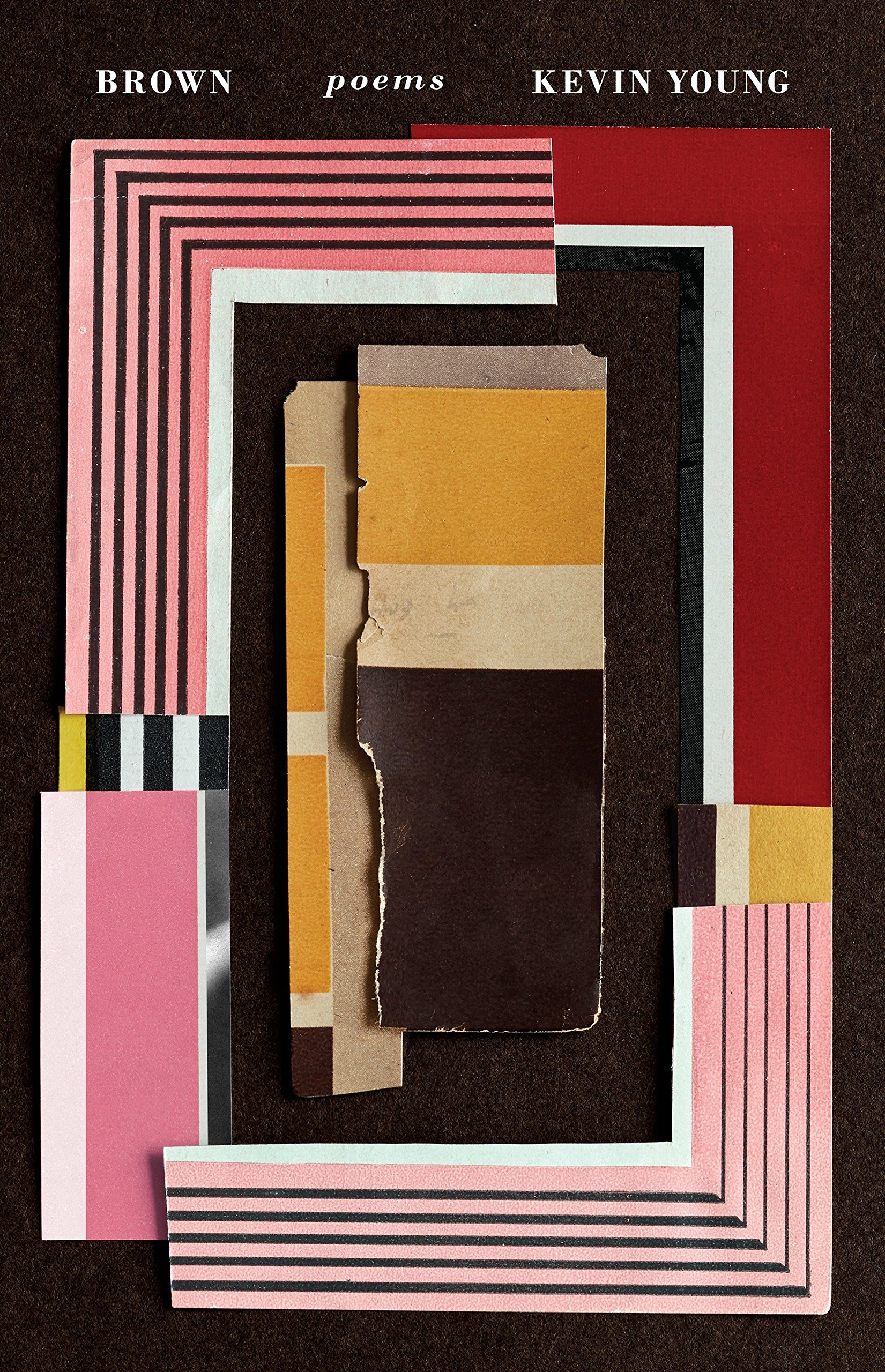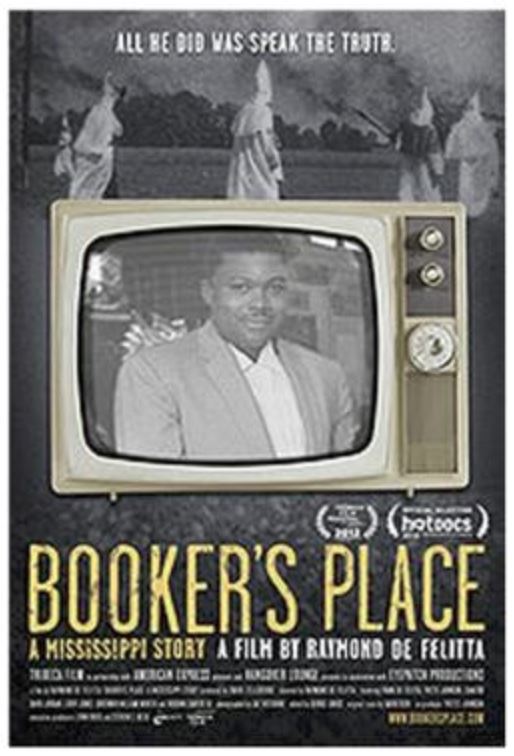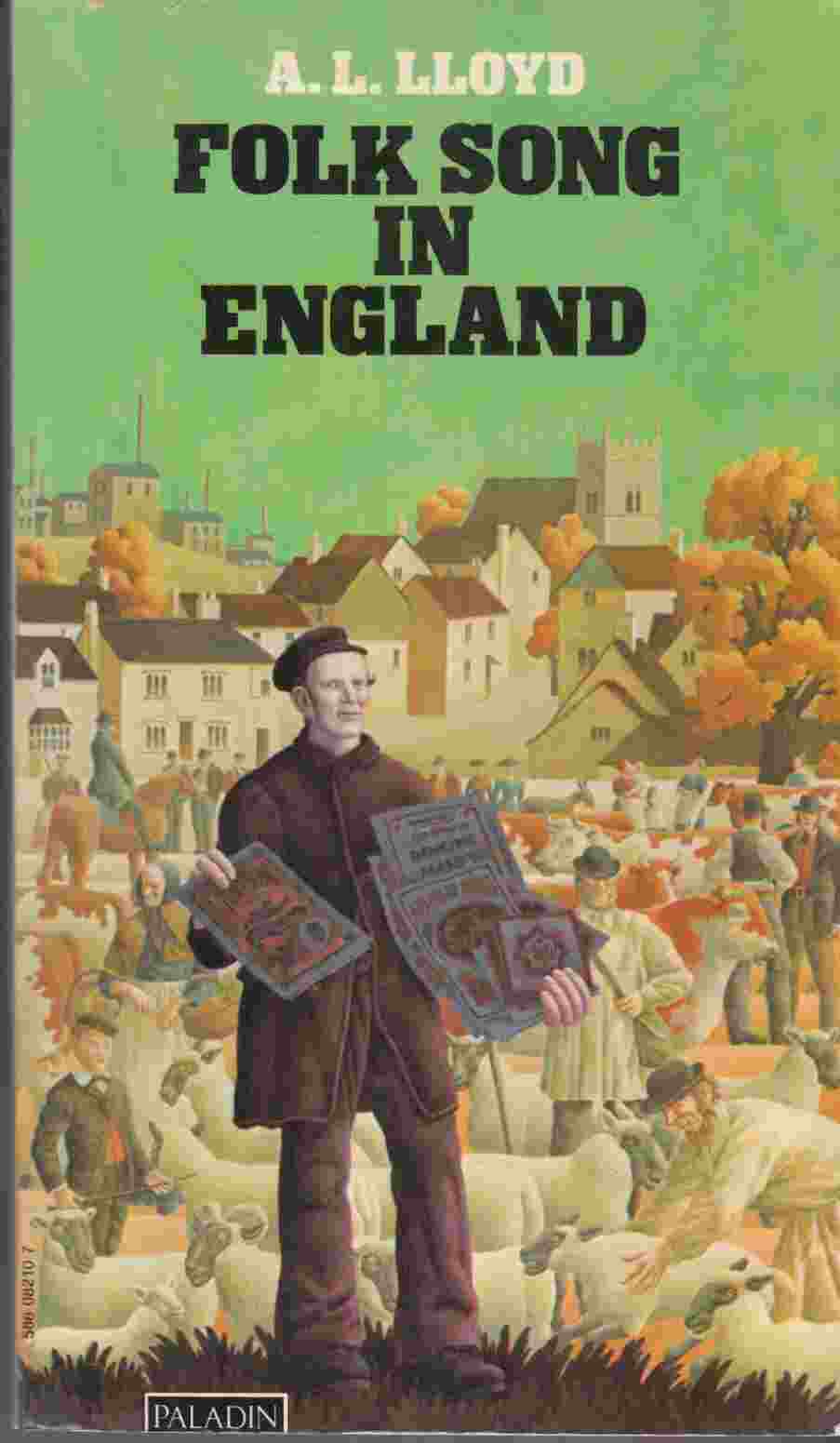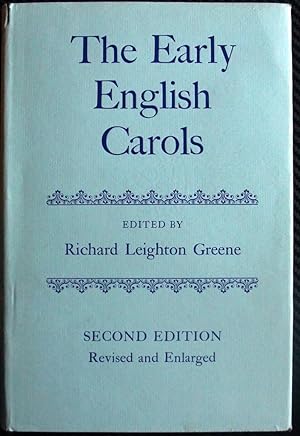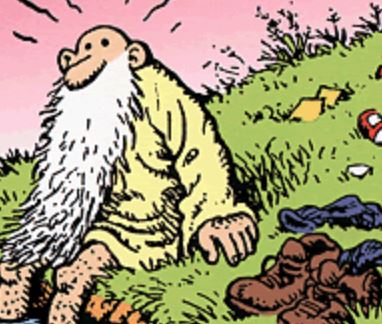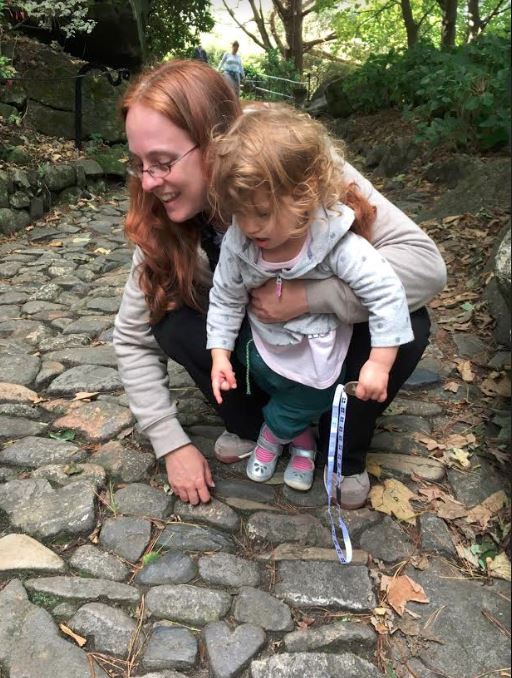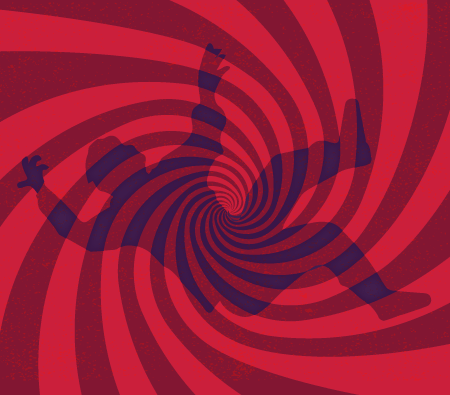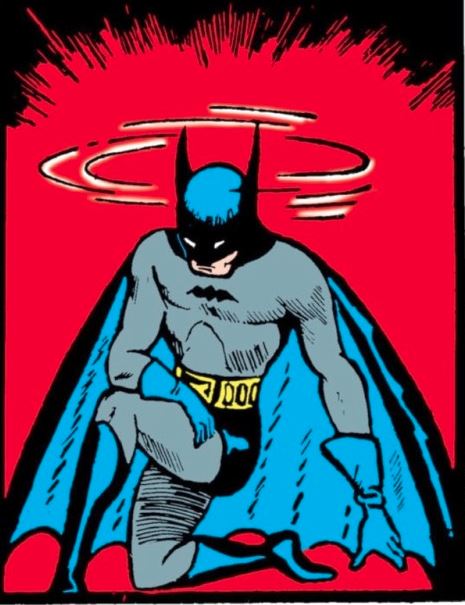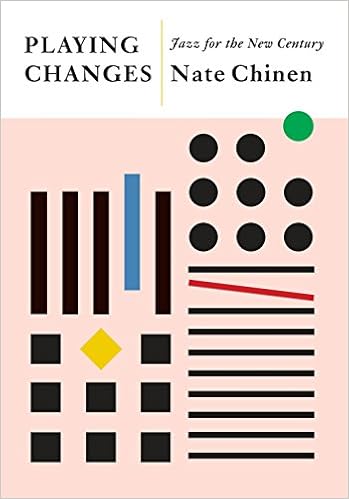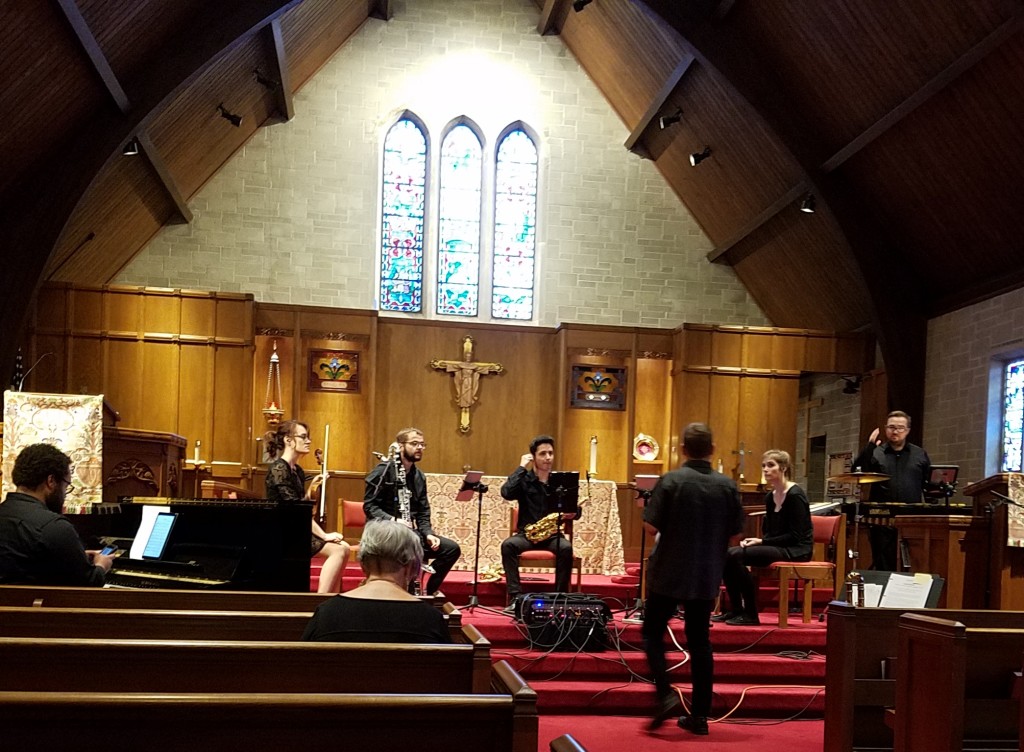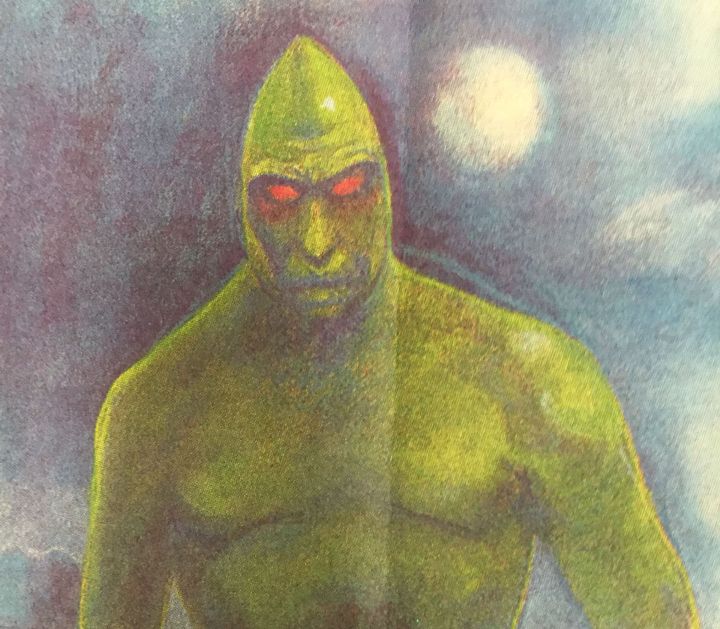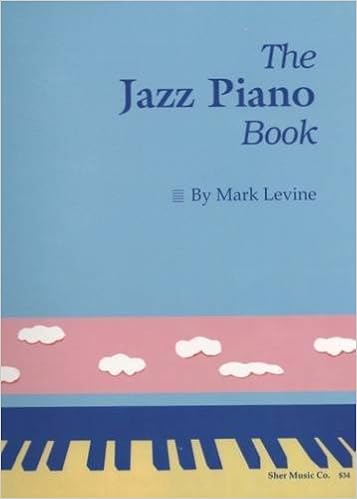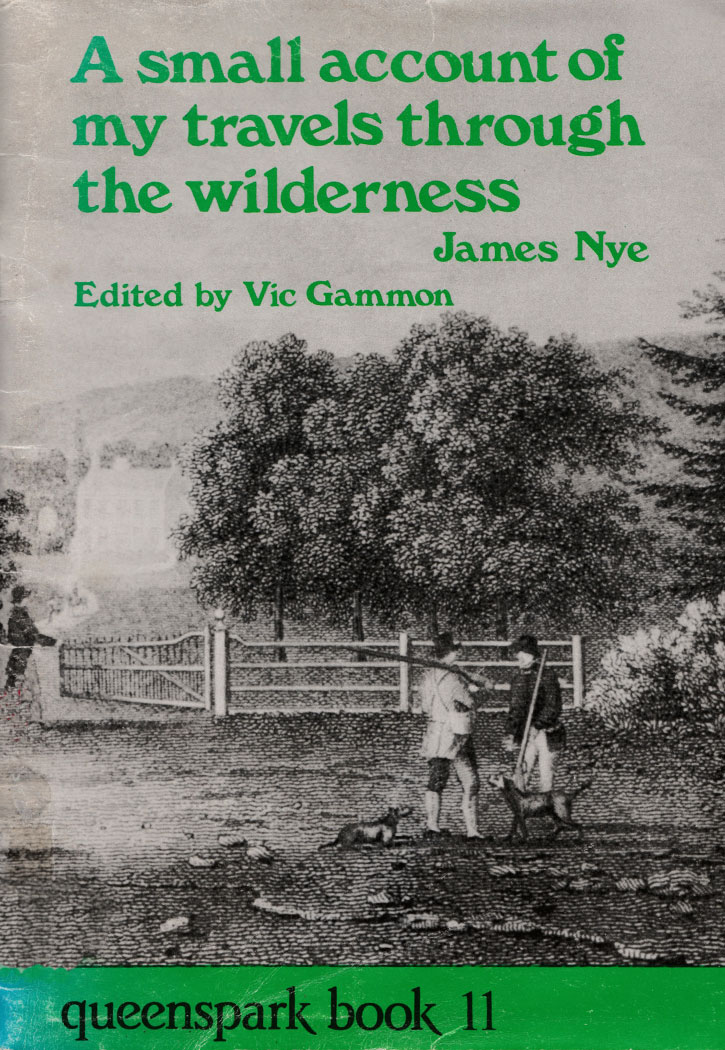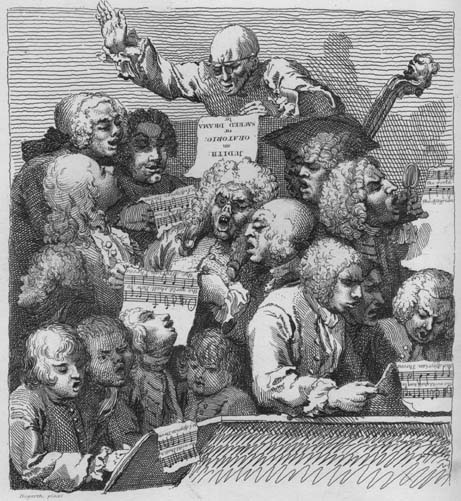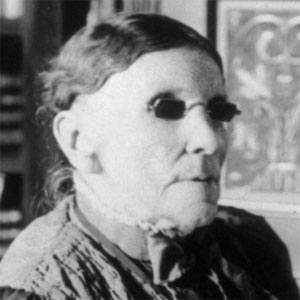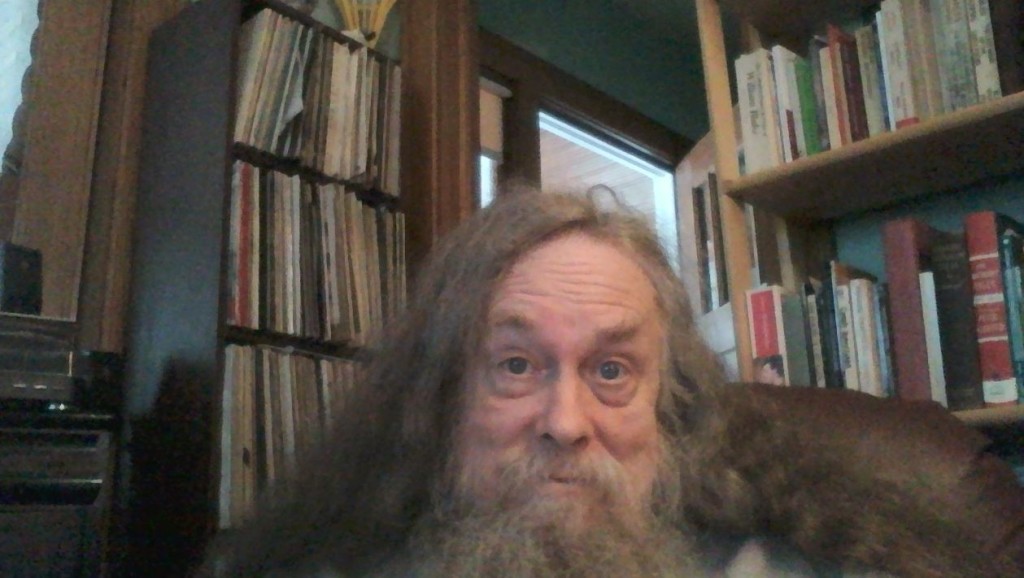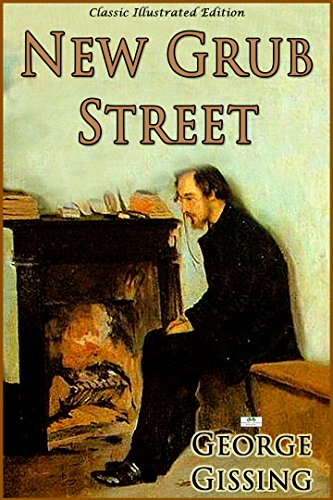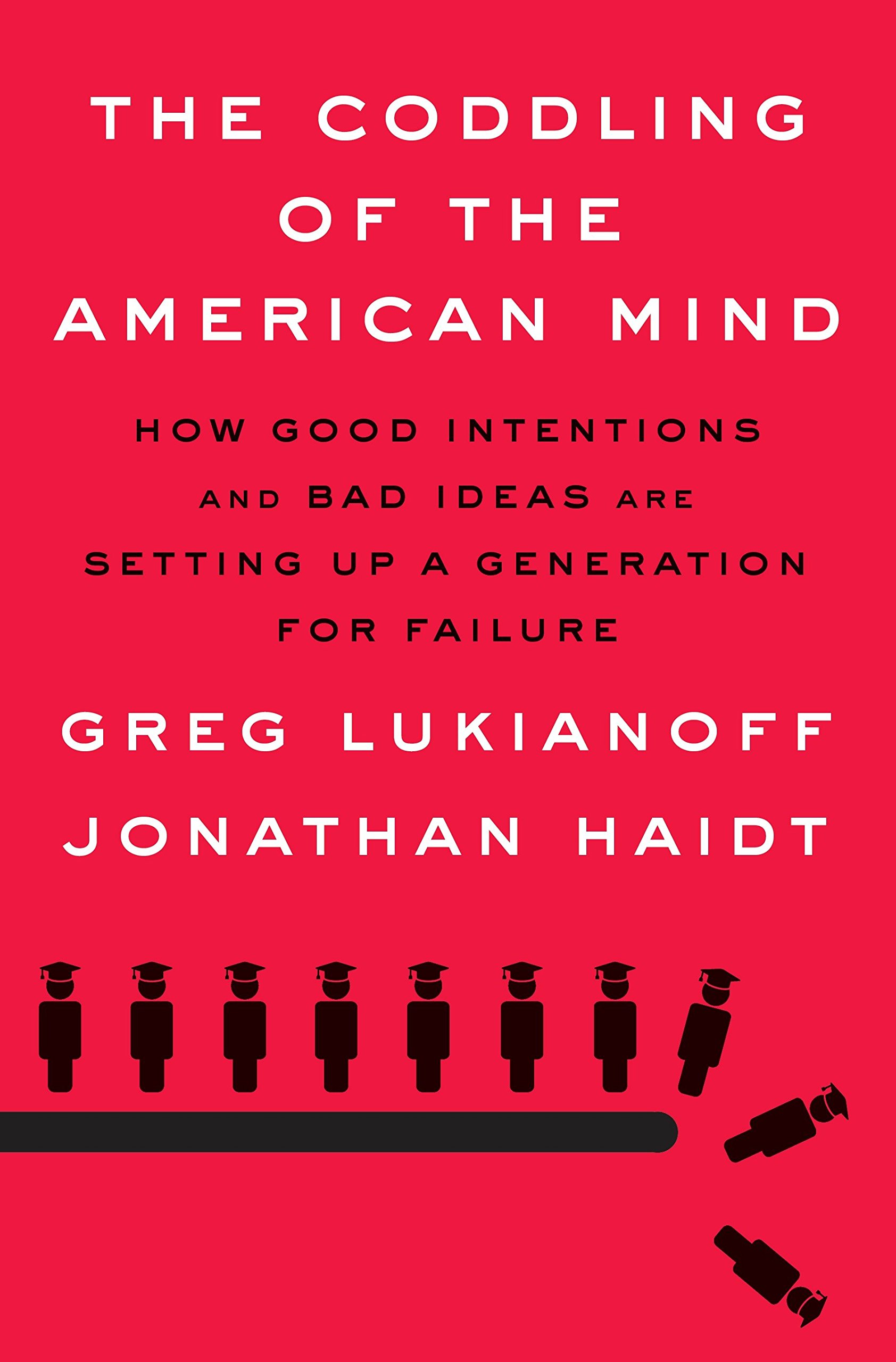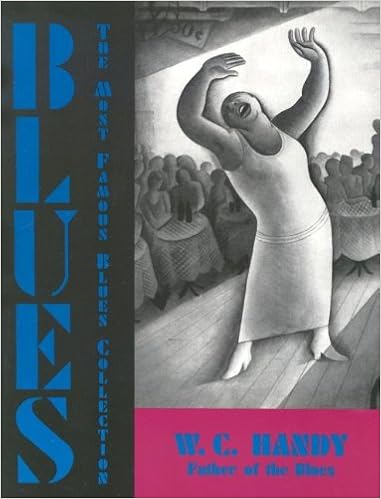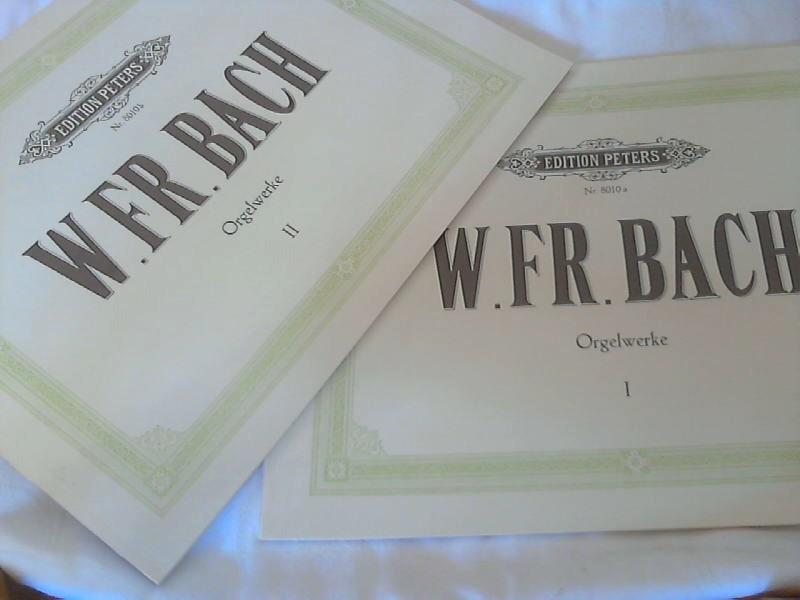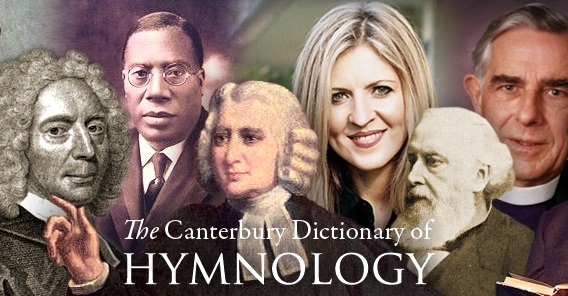Eileen came home yesterday, exhausted, drained, and fragile. It is good to have her back. This has a been an extremely difficult time for her. I’m glad that she finds being with me comforting. It’s a difficult thing to watch your Mom die. I am pretty sure that Dorothy did not suffer, but it was hard on her kids to watch her ebb away.
Daughters Elizabeth and Sarah and granddaughters Alex and Lucy, are planning to come for this funeral. This will help Eileen immeasurably . And it will be fun for me to see everyone as well.

I’m about half way through Earl Braggs’ book length poem, Negro Side of the Moon. Braggs couplets avail themselves of our history in America and are clear eyed and angry.
It begins:
Point blank is not blank. Right in my face,
there , dangling from the daily newspaper-thin
white arms of a psychological lynching tree
hands me, disguised as a sign, a poster-child
piece of paper. Point blank, an all-every night
billboard without a hint of apology. Dangling
dead-stiff as if an opening night Tivoli Theatre
marquee all too eager to sell the price of a ticket,
admission fee, me: “Just another city nigger-
night boy shot dead in the head,” red blood red
Bragg quickly hits his stride, wielding literacy, accurate understanding of the history of slavery and the present moment of racial hate, and a satisfying post modern sensibility.
It’s not too long before he bitterly begins a theme of “If only we had arrived without the difficult history of …”
… If only we had only arrived
without the difficult history of difficult
music. Jazz. If only slave trading tall
(tale) ship songs had not re-translated
so easily into …. Black on Black crime
a white-collar corporate American
financial “re-invested” investments
good BUSINESS opportunity, wide
open for, as per usual, not a crime
at press time…..
Now for a couple little sections I marked that I liked:
June 17th 2015 at approximately
9:05 Easter Carolina standard
Time. Motive: ugly love, heritage
and hate. It’s beyond way too late
to take a Confederate flag down.
Put it up, let it fly, let it unfurl
to reveal the truth of these (we
see and do not see) trying, crying
times. it’s 1963 all over again
and the 16th Street Church of
Birmingham, Alabama burns….
And this:
What does an American Express
credit card “really express? Flat-out
broke and not broke simultaneously.
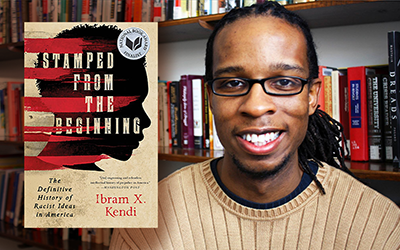
Mark is also reading Stamped From the Beginning: The Definitive History of Racist Ideas in America by Ibram X. Kendi.
This week I learned from this excellent history that from the period of 1889 to 1929 (40 years) there was an average of one lynching every four days.
Back to Braggs’ poem:
… Let us now
take a look at what is really buried
in the carefully kept, meticulously
manicured graveyard science of
Beautiful Whitesboro, New Jersey.
Beautiful Lynchburg, Virginia.
Beautiful Lynchburg, Tennessee.
Beautiful Whiteville, North Carolina.
Ida B. Wells, a slave ship daughter,
born in Holly Sprints, Mississippi
in the year of “Our Negro Lord”
1862, months before emancipation
documented lynching in America
the Beautiful…
The racism is in the bloody names of American cities, eh?

The first of the supplementary Greek studies arrived in the mail today. Peter Jones’ Learn Ancient Greek reflects the sense of humor this Joint Association of Classical Teachers writer and editor. It’s a romp of book and I have already read a few chapters.

This pocket dictionary was also recommended. It came today as well.

I stumbled across Seamus Heaney’s book of essays, The Government of the Tongue: Selected Prose 1978-1987 at the library the other day. I’m on the fifth essay and enjoying it.


